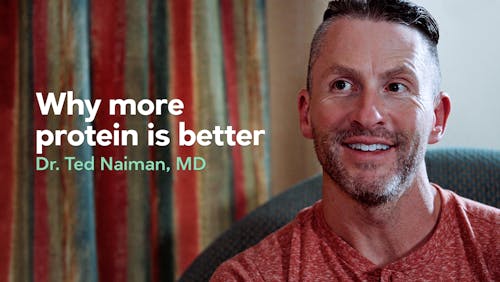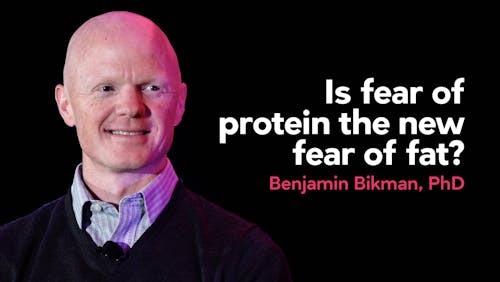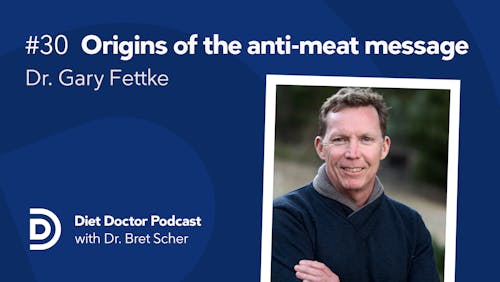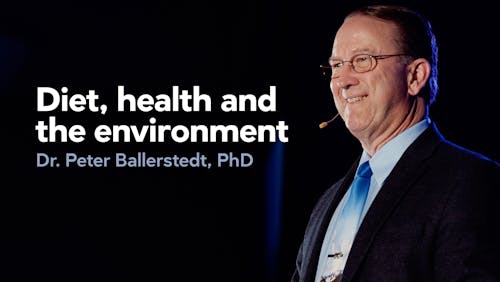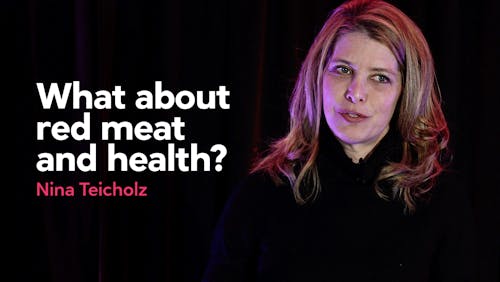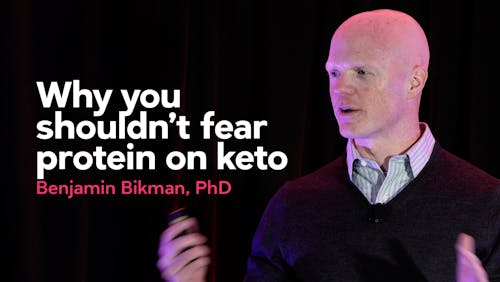Is it a good idea to eat only meat?
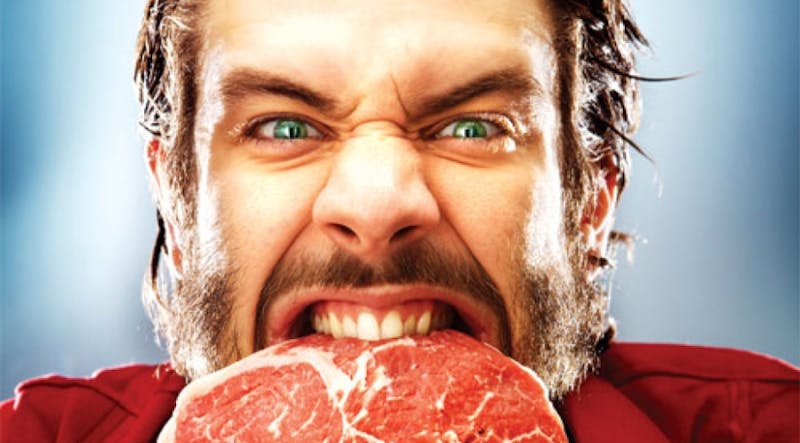
Interest in the carnivore diet, a no-plants zero-carb diet, is increasing. And perhaps for good reasons – some people report a lot of benefits from it.
Here’s a good article looking into the phenomenon:
Optimising Nutrition: Dr. Shawn Baker’s carnivore diet: a review
If you don’t feel like reading the whole article, you can skip to the summary. Here are the main points:
- Some people seem to benefit from a zero carb/carnivore diet, particularly if they have pre-existing gut permeability or bacterial overgrowth.
- Cutting out nutrient-poor processed inflammatory foods is a common denominator in many successful diets.
- It is harder to get some nutrients without plants, however, some of these nutrients may not be such a big deal if you are not eating a lot of carbohydrates.
- While there are plenty of anecdotes, there is not yet a lot of large-scale quantitative research into the long-term impacts of a carnivore diet.
- It’s still a good idea to maximise the micronutrients in your diet irrespective of your overarching dietary template.
Meat
Earlier
Carnivory – Could you benefit from eating an all-meat diet?
A diet of steak, bacon and water – why techies are turning to ‘carnivory’
